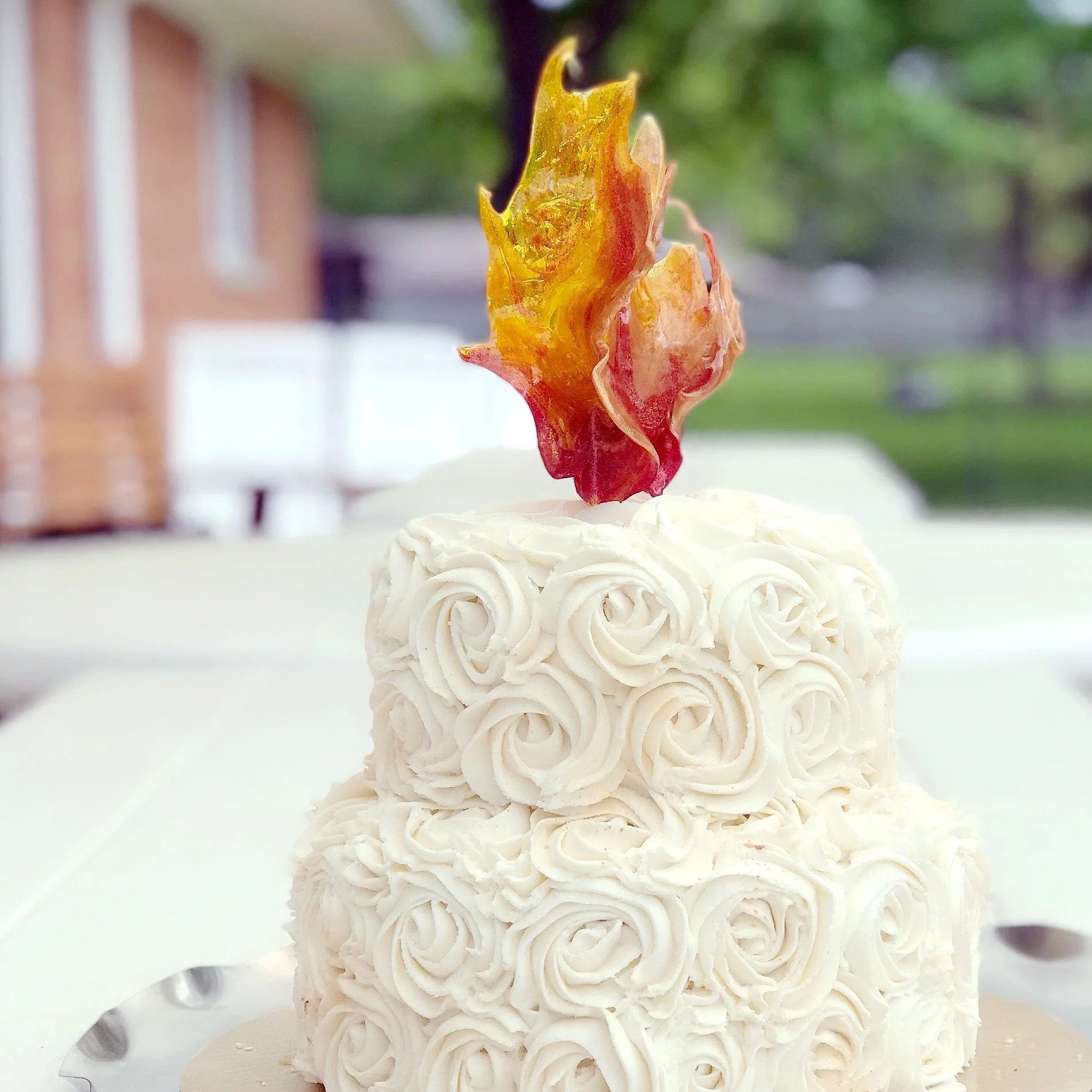What I Wish They Would Have Told Me About My Parents' Divorce
/As the Catholic discussions on divorce, remarriage, etc. increase as a result of current events in the Church, I throw in my unsolicited pennies and beg Catholics to avoid one thing during those discussions: Never, even under the generous umbrella of mercy, allow adult pastoral considerations to divert attention from the great needs of the suffering children of divorce. A faster annulment process (or other changes) may or may not be good for the Church... But it doesn't fundamentally change the crushing blow that divorce is to the family. Even when it is necessary, it is still a great suffering.
When we minimize the language of what divorce really is, we also minimize the real affect on human beings... and we unfortunately communicate lies to kids: "There must be something wrong with YOU to feel so bad and broken over something that isn't really a big deal." It makes kids (and abandoned spouses) feel isolated and crazy. My own experience was that it caused me to bear an unwieldy burden of guilt even as a very young child. Over and over again I heard variations on the following...
"It's for the best."
"It's good for your parents... you should be glad that they can live happier lives."
"Don't you want them to be happy?"
"It is better this way."
"They did a brave thing."
"Nobody should have to live with someone they don't love."
"You'll understand when you're older."
"You are not being fair to them."
"Children do not understand what makes adults happy."
"Be grateful you didn't have to grow up in an unhappy household."
"You will learn to think and feel differently with time."
"Do you want to make your mom cry?"
"You were too young to be affected by it... you're just trying to get attention now."
"You are being ungrateful."
"God does not want your parents to be unhappy."
And over and over again I was pierced by the pain of isolation and brokenness that seemed to only have it's roots in MY guilty stupid soul. If divorce was "good" "better" and "best" and my parents were wholly justified and excellent decision makers, than I must have been a worthless person for all the sadness, grief, and anger I carried. While my own parents were lifted up and extolled for their courage by the long list of counselors, friends, and priests I sought out for help with my runaway grief, I was crushed under the knowledge that my grief (which I was helpless to) was standing in the way of their happiness.
In spite of the fact that I was very young when my parents divorced (and who received a declaration of nullity), I still had to process the loss through each developmental stage. Understanding does not come all at once. Grief progresses through the journey of understanding. That included not only my own developmental stages but theirs as well, as they entered into new relationships, changed jobs and homes, and progressed through their relationship with each other. Divorce isn't a one time event like getting a tooth pulled. It is a dramatic, traumatic, and ongoing change in human relationships. (In my parents' defense, I do not think they understood those complexities in my life and did the best they could under the circumstances.)
I repeated the lies told to me by others for years because I thought my real feelings were wrong. I stuck to the party line: "Yeah... my folks split. It's for the best. I'm glad they're happier." The truth is that the best for any child is a loving intact family. While I know that it isn't always possible and that separation is sometimes necessary, I maintain that the tragedy and dysfunction should be acknowledged so that the child is fully free to grieve... and to heal.
I caution those reading against telling children that divorce is a "good" thing. It might be a necessary thing, but that is a different matter entirely from good, better, or best. If it is a necessity, it is a *tragic* necessity. It is tragic that there is some kind of danger that would necessarily break a family apart. Recognition of that truth allows plenty of room for gratitude for safety and health and whatever respite comes from a necessary separation. But my caution is against speaking of the division as a good in itself. It doesn't compute in a child's mind... to say that it is "good" that their family is broken. Tell them you are sorry. And then allow them to grieve and heal. I am not a mental health professional and I don't know what every child needs... but I know I would have given a lot to hear these words:
"What happened between your mom and dad was bad. Families are designed to love each other forever and that didn't happen in yours. Your family was dismantled without your consent. And now you are left with an anger and sorrow that are justified. Everything you are feeling is NORMAL. And you will grow through it... and thrive. God will bring joy out of suffering. And I will walk with you."
That wouldn't have fixed everything but it would have taken a burden off of my soul and freed my heart and mind to begin healing much earlier. But the counselors, teachers, priests and professionals in my K-12 years didn't say it. Not in Catholic grade schools, not in the first grade when I made an appointment with my pastor, not family friends, not the high school professionals; not even in the junior high and teen divorce support groups I joined in school desperately seeking a balm for my ongoing guilt and grief. Those groups focused instead on affirming my right to feel in general, but then attempted to change those feelings as if they were disordered and out of place. They were not. I was normal. But I didn't know.
I live a good and happy life and the Lord has healed up so many of my childhood wounds and relationships. But I regret to see that the conversations in the Church still center around the feelings of adults to the detriment of the grieving children. If I had a dime for every time I heard a parent tell me his or her kid was "fine" after their divorce, I might not be rich but I'd be able to have a nice steak dinner for two! "Kids are resilient." Yes, they are. But they are not made of stone. And they are deeply impacted by division in the home. It becomes a part of their soul formation.
It is very difficult to speak truth in love to people in a divorced situation. We worry it will damage relationships or make friends or family angry with us or cause the child to think poorly of their parents. But the alternative is letting a child believe destructive lies about themselves. The injury already exists and our acknowledging it does not make it appear where it wasn't before. So let's all just get over ourselves and speak life to children...
"Some things hurt because they are fundamentally disordered."
It's okay to tell that to kids. And... it's okay to tell that to their parents.
To all my readers who have been touched by divorce... this post is not a judgment on your situation. I assume the best of you and am so sorry that this sorrow has come into your lives. I write only to draw attention to those children who are suffering while adults are preoccupied with adult needs. It is my great hope that conversations like this will help Catholics bring the needs of those young people into greater focus. You are invited to share your (charitable) stories and comments below.
P.S. Some people ask if I would choose not to have my stepmom in my life. Would I erase all of that good to live in an unhappy household with married bio parents? That's not a fruitful question. God allows free will. He allows us to choose to hurt and to divide. He also brings tremendously beautiful fruits from the seed of suffering. I am grateful.











































